In the realm of Texas law,trust attorneys are indispensable. Their expertise is a beacon for those navigating estate planning. Establishing a trust can be a labyrinthine process, fraught with legal complexities. Only a seasoned trust attorney can guide you through Texas’s unique legal landscape with finesse. Let’s explore the trust attorney’s master guide to estate planning in Texas.
A Tale of Trusts and Texas: Your Guide to Navigating the Legal Landscape
Imagine inheriting a map to a treasure in the heart of Texas. But here’s the twist: the treasure isn’t gold or oil; it’s the peace of mind that comes from a well-crafted trust. Sounds intriguing, right? Welcome to the world of trust attorneys in the Lone Star State, where legal labyrinths meet estate planning adventures.
Why stick around for the trust attorney’s master guide to estate planning?
Simple: this is your compass tounderstanding Texas trust law, minus the legalese. Whether you’re safeguarding a family heirloom or securing your legacy, the right trust attorney is your guide. So buckle up! We’re embarking on a journey through the essentials of Texas trusts, from choosing your legal ally to navigating the tax twists and turns. This isn’t just legal advice—it’s your treasure map to tranquility.
Types of Trusts
The Lone Star State acknowledges a variety of trusts, each tailored to distinct needs. Living trusts allow for asset management during the settlor’s lifetime, while testamentary trusts take effect posthumously. Revocable trusts provide flexibility, allowing changes any time. Conversely, irrevocable trusts, once established, stand unaltered, offering robust asset protection. This diversity in trust types underscores the importance of expert legal guidance in Texas.

Choosing a Trust Attorney
The right trust attorney is your ally in navigating Texas’s intricate estate laws. Experience matters; a history of successful trust administration speaks volumes. Credentials should match your specific needs. A seasoned attorney can deftly steer through the nuances of Texas estate planning. Making the correct choice can safeguard your assets and ensure your legacy’s future.
| Factor to Consider | Description |
| Experience | Look for an attorney with a proven track record in trust law and estate planning. |
| Credentials | Ensure the attorney has the necessary qualifications and is licensed to practice in Texas. |
| Specialization | Choose an attorney who specializes in trust law to ensure they have the specific knowledge needed. |
| Client Reviews | Read reviews from previous clients to gauge the attorney’s reputation and client satisfaction. |
| Communication | Select an attorney who communicates clearly and keeps you informed throughout the process. |
| Compatibility | Ensure the attorney understands your needs and goals, and that you feel comfortable working with them. |
Benefits of Creating a Trust
Trusts serve as bulwarks in Texas, shielding estates from the public spectacle of probate. They promise privacy, keeping personal affairs from prying eyes. Furthermore, they allow for seamless asset transfer to beneficiaries, circumventing the prolonged probate process. In Texas, this means ensuring your legacy is preserved as intended, without unnecessary delay or exposure.

The Process of Establishing a Trust
Crafting a trust in Texas starts with drafting a precise document, a blueprint of your wishes. Selecting trustees is a decision of equal gravity, entrusting them with your estate’s future. Funding the trust breathes life into it, transitioning assets from personal ownership. Each step is pivotal, demanding meticulous attention and legal acumen.
The trust attorney’s master guide to estate planning onTrust Administration
The administration of a trust is no minor undertaking in Texas. Attorneys play a critical role, ensuring the trust operates within legal bounds and adheres strictly to the settlor’s directives. This includes managing assets and addressing beneficiary needs, all while upholding stringent fiduciary duties. The trust attorney’s expertise becomes the linchpin of successful trust administration.
Trust Litigation
Conflicts can emerge in the management of a trust. In Texas, disputes may center around interpretations of the trust document or breaches of fiduciary duty. Here, trust attorneys are not just advisors but advocates, championing their client’s interests through the complexities of litigation. Their role is indispensable in safeguarding the integrity of the trust and the rights of beneficiaries.

Tax Implications of Trusts
Navigating the tax terrain of trusts is a task fraught with challenges. In Texas, the tax repercussions can vary dramatically between different types of trusts. Strategic tax planning, guided by a knowledgeable trust attorney, can mitigate potential liabilities, ensuring the trust’s assets are preserved for beneficiaries while complying with all relevant tax laws.
Estate Planning and Trusts
Trusts are merely one component of a comprehensive estate plan in Texas. They must be woven together with other documents like wills and powers of attorney to form a cohesive plan. Trust attorneys are vital in this integration, ensuring that each element aligns with the settlor’s overall objectives. This comprehensive approach guarantees that no aspect of the estate plan is left vulnerable.
State-Specific Trust Laws
Texas trust law is distinct, with specific statutes and precedents. Local trust attorneys bring invaluable insight into these peculiarities, ensuring that trusts are not only established correctly but also operate effectively within Texas’s legal framework. Their expertise can prevent costly mistakes and ensure that the trust complies with state-specific legal requirements.
Case Studies and Examples
Real-life scenarios underscore the value of experienced trust attorneys in Texas. Consider the family who avoided the public ordeal of probate through a meticulously structured living trust. Or the entrepreneur whose irrevocable trust shielded assets from unforeseen liabilities. These stories illustrate the tangible benefits of sound legal advice in trust establishment and administration.
The role of trust attorneys in Texas
Is multifaceted and indispensable. They provide the guidance needed to navigate the complexities of trust creation, administration, and litigation. Whether you’re looking to protect your assets, ensure an efficient transfer to beneficiaries, or navigate the complexities of trust litigation, the right attorney can make all the difference. Their expertise not only ensures compliance with Texas law but also safeguards your legacy, ensuring your wishes are honored and your beneficiaries are protected. Trust attorneys in Texas stand as vital guardians of your estate, ensuring that your planning is both effective and legally sound.

The Trust Trail Ends Here: Your Legacy in the Heart of Texas
And just like that, our journey through the Texas trust terrain comes to an end. But fear not, intrepid estate planner, for the adventure of safeguarding your legacy is just beginning. Think of your trust attorney as your legal Lone Ranger, guiding you through the wilds of wills, the thicket of taxes, and the canyons of courtrooms.
So, what’s the treasure at the end of our map of the trust attorney’s master guide to estate planning?
Peace of mind, my friend. With the right trust attorney by your side, your estate planning expedition is sure to be a success. Remember, in the vast landscape of Texas law, having a skilled guide makes all the difference.
Keep this guide in your back pocket, and you’ll never walk the trust trail alone. Here’s to smooth sailing—or should I say, smooth settling—on your estate planning journey!

Other Related Articles:
- Probate vs Trust Administration: Which is right for you?
- Financial Power of Attorney in Texas: A Comprehensive Guide to Empowering Your Financial Future
- Administering Trusts
- What are the pros and cons of a trust?
- How to Find a Family Law Attorney in Texas
- The top pros and cons associated with trust creation
- What are the five elements necessary to form a trust?
- How To Choose the Right Probate Attorney In Texas
- Unlocking the secrets of irrevocable trusts
- Can I Make Changes To My Trust (and other documents)?
Frequently Asked Questions:
The cost of a living trust in Texas can vary based on complexity and attorney fees, typically ranging from $1,000 to $3,000.
Whether a trust is better than a will in Texas depends on individual circumstances, such as estate size, goals, and privacy concerns.
An attorney dealing with trust funds manages the legal aspects, ensuring the trust complies with Texas law and serves the best interests of the beneficiaries.
Yes, Texas often uses real estate attorneys for transactions, legal disputes, and property title issues to ensure compliance with state laws.
How much does a living trust cost in Texas?
The cost of a living trust in Texas can vary based on complexity and attorney fees, typically ranging from $1,000 to $3,000.
Is a trust better than a will in Texas?
Whether a trust is better than a will in Texas depends on individual circumstances, such as estate size, goals, and privacy concerns.
When an attorney is dealing with trust funds?
An attorney dealing with trust funds manages the legal aspects, ensuring the trust complies with Texas law and serves the best interests of the beneficiaries.
Does Texas use real estate attorneys?
Yes, Texas often uses real estate attorneys for transactions, legal disputes, and property title issues to ensure compliance with state laws.








